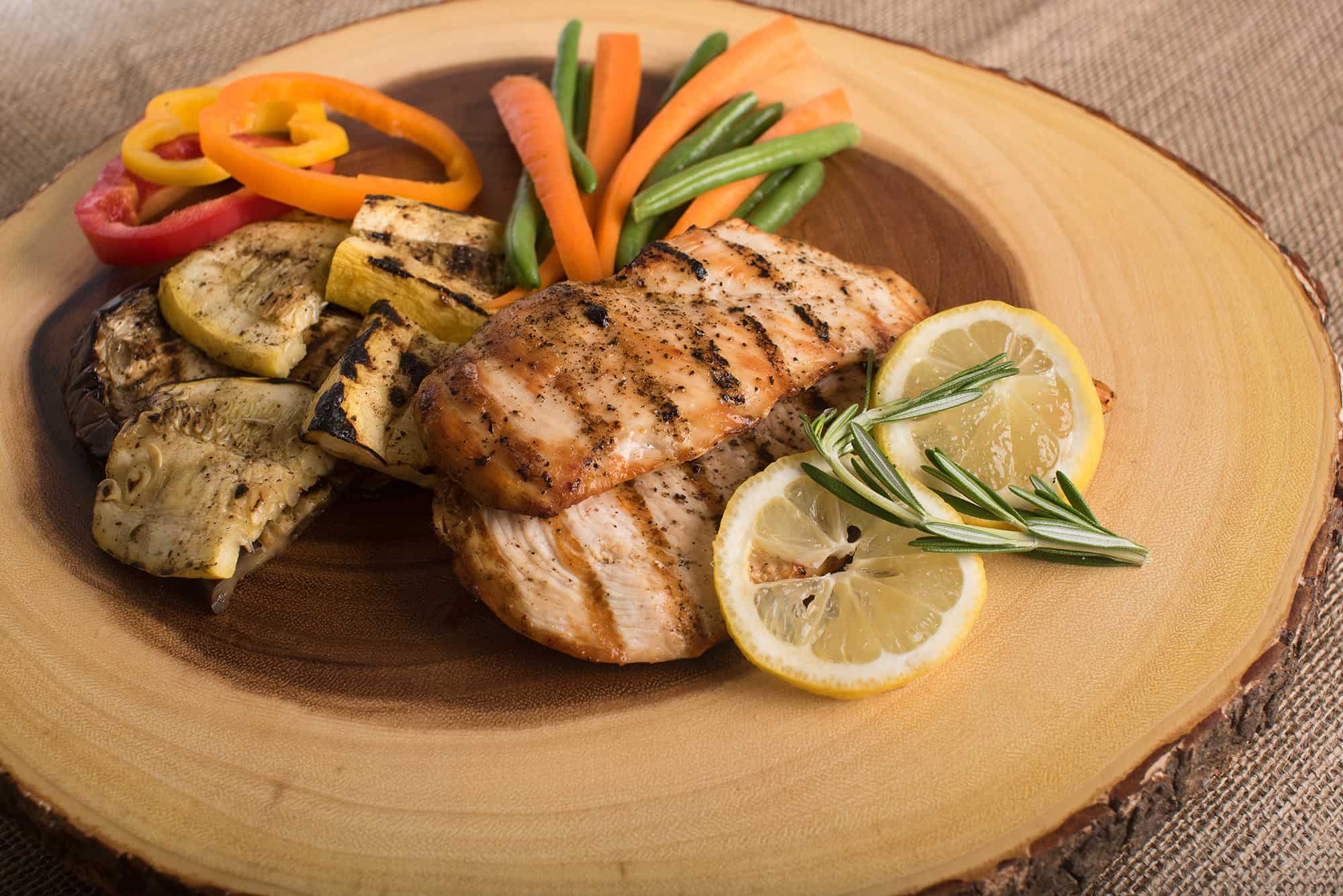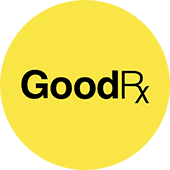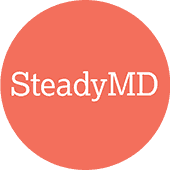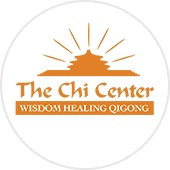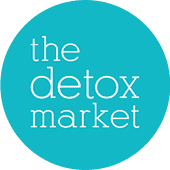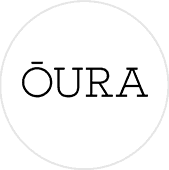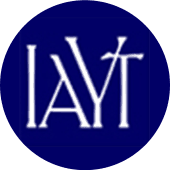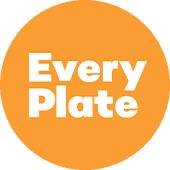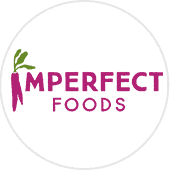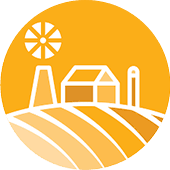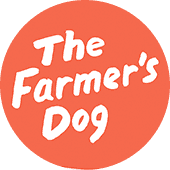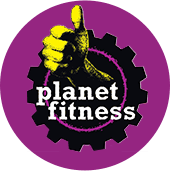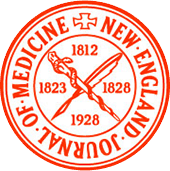Protein is the basic building block of the human structure, helping our bodies form muscles, skin, and hair. Because of our bio-individuality, protein requirements vary dramatically from person to person. I recommend experimenting with reducing or increasing your protein intake, trying different sources, animal and vegetable, and noticing the impact on your body. So many people today eat way too much protein.
Some people need protein-rich foods more often because of their constitution or dietary needs like iron deficiency. Low protein can lead to low energy and a variety of cravings. On the other hand, many people feel lighter and clearer and notice a decrease in physical symptoms when they reduce animal protein in their diet. Disorders such as heart disease, cancer, obesity, and high blood pressure can all be linked to an excess of animal foods. People often find that reducing animal protein consumption helps clear up constipation, low energy, body odor, and sugar cravings.
There is no right and wrong here. Food is not religion. No special heaven is reserved for vegetarians. So please find the fuel that is most suitable for your current needs. Finding the optimum protein intake is a key to a balanced, healthy lifestyle.
Vegetarian and vegan people often attempt to get their protein needs met through beans and bean products. Some individuals may find beans difficult to digest, but little things like choosing smaller beans (like lentils), cooking with a piece of kombu, or cooking for slightly longer than normal may help facilitate digestion as these foods are introduced into the diet. In Mexico and Central America, where beans are a fundamental part of the daily tiet, the most frequent bean dish is refried beans. The beans are cooked then fried in oil or butter to ensure easier digestion. A similar situation exists in Japanese cuisine with soybeans. Rarely, if ever, do the Japanese eat soybeans unless the beans have first been fermented or aged. They convert the beans into foods like miso, soy sauce, tempeh, and natto. They also eat tofu in small amounts.
Soy is a popular, and sometimes controversial, ingredient derived from the soybean legume. It is a complete protein rich in calcium, iron, magnesium, figer, and potassium. Soy is a typical replacement for dairy and/or meat in the diets of vegetarians and vegans. Although it may be considered a health food, not all soy products are created equal.
Soy products, both fermented and unfermented, range in their degree of processing, from soy flour and soy protein to more traditional foods like miso, tempeh, and tofu. Highly processed items to limit include soy cheese, soy yogurt, and imitation meats. Focus on traditional forms to maintain the soy’s nutrient density, and keep in mind that nearly 95% of soy products come from GMO beans, so if you want to limit your consumption of these foods, opt for organic soy.
Some research shows that a certain chemical found in soy, called genistein, can potentially damage fertility, especially in men. Traditionally, in Zen monasteries, men would eat tofu to help reduce their sex drive so they could sustain a celibate lifestyle. So men, if you want to be celibate, tofu is a great food for you. However, if that is not your mission, you may want to avoid eating too much tofu. Soy isoflavones can also increase estrogen activity, and some research shows that consuming soy products during menopause can ease some of the negative symptoms that some women experience. But other research links increased estrogen activity to higher risks of developing breast cancer. In general, much research is still needed on the effects of soy. My basic advice is to eat soy in moderation and listen to your body.
For those who don’t eat meat but who are okay with eating animal products, eggs may be a good source of protein. High-quality yogurt may also be a good option for those who are not lactose intolerant. I strongly encourage buying organic eggs and dairy that are free from hormones and antibiotics.
When it comes to animal-based sources of protein, I encourage you to seek out variety. Many Western diets rely on beef, but you can try other meats, such as duck, pheasant, buffalo, lamb, chicken, and fish, and rotate these in your diet to avoid the stagnancy and health concerns associated with excess beef consumption, including heart disease, high blood pressure, constipation, and high cholesterol. Quality of meat is really important, and organic is always the best option. Search for humane and sustainable options whenever possible. As I mentioned before, we take in an animal’s energy when we eat it. Wouldn’t you rather take in the energy of an animal that was treated humanely throughout its lifetime?
When deciding how much animal food to eat with a meal, I urge you to follow the guidance of Dr. Barry Sears. He recommends eating a piece of meat “no bigger and no thicker than the palm of your hand.” A proper serving is about 3 ounces per portion and a much healthier choice than having a huge slab of meat as a main course. Think quality not quantity.
Again, there is no right and wrong here. Food is not religion. No special heaven is reserved for vegetarians. So please find the fuel that is most suitable for your current needs. Finding the optimum protein intake is a key to a balanced, healthy lifestyle.
Reprinted with kind permission of Integrative Nutrition LLC. Integrative Nutrition: A Whole-Life Approach to Health and Happiness (2018), p. 201-203.

